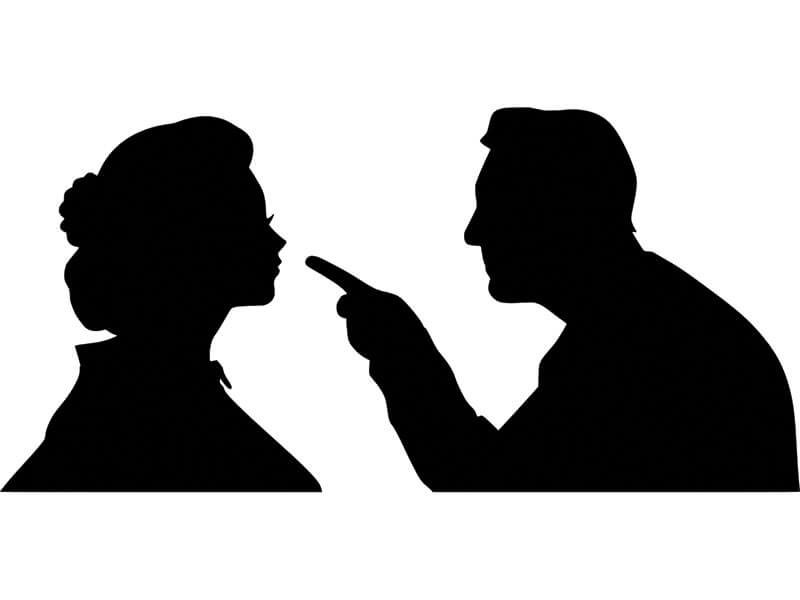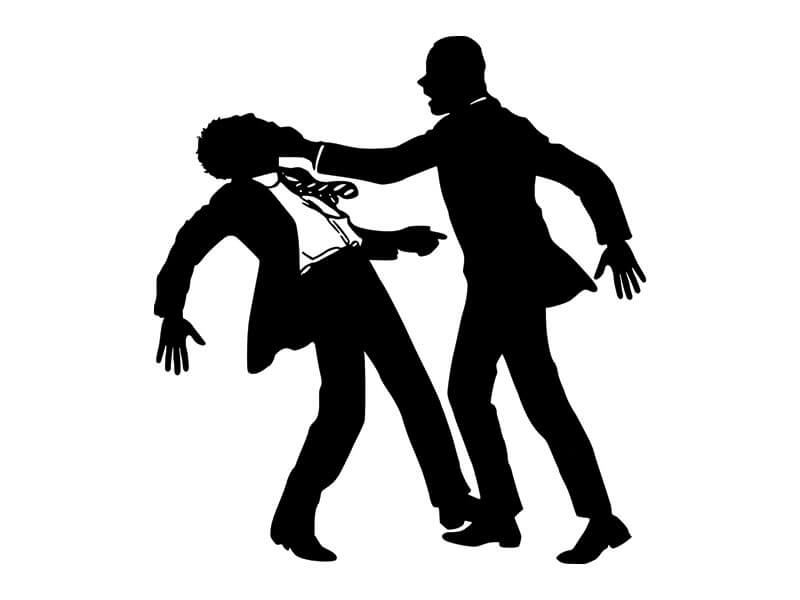
Domestic Violence
Source: A simple guide to South African Family Law by Nthabiseng Monareng What is domestic violence? Domestic violence is the term used when a person
Home » PRIVATE LAW » DOMESTIC VIOLENCE
Domestic violence occurs when a person in a household abuses another person they are living with. Domestic violence takes place daily, yet people are still afraid to talk about it. As domestic violence lawyers, we can assist any person who may be a victim of domestic abuse.
Domestic abuse is usually carried out with the purpose to control and intimidate the victim. The repetition of this behaviour incites fear, which the perpetrator uses to manipulate the victim further.
South African law states that everyone should be protected from violence. This means anyone can request assistance from domestic violence lawyers, regardless of their residential status.
There are various forms of abuse. Domestic violence lawyers will consult with victims of every type of domestic abuse to work towards safeguarding them.
This type of abuse covers physical violence and assault – actual and threatened. It includes abduction, kidnapping, and any restriction of movement. Domestic violence lawyers understand the urgency of such a situation.
This form of abuse is difficult for outsiders to identify, and even the victim might doubt that they are being abused. It relates to non-physical controlling behaviour that causes emotional damage and undermines a person’s sense of wellbeing. This can include but is not limited to insults and name-calling and repeated threats to cause emotional pain. Domestic violence lawyers realise that this is a difficult form of abuse to prove and will assist you the best they can.
Sexual abuse differs from physical abuse in that it focuses specifically on inappropriate sexual behaviour, whether actual or threatened. The main indication that a situation relates to sexual abuse is the lack of consent. Victims may feel ashamed to come forward but can rest assured that domestic violence lawyers will treat their case with the utmost care and confidence.
This is a seldomly spoken about form of abuse that relates to unreasonably denying money to someone who is financially dependent, including threatening to leave them destitute and taking a person’s earnings without their consent. Again, our team of domestic violence lawyers can assist you.
Stalking is a form of abuse that shows a consistent behaviour of intimidation and harassment, leaving the victim feeling fearful and powerless. These behaviours include, but are not limited to:
Domestic violence lawyers will use all documents and reports of such abuse to present your case to the court.
The Domestic Violence Act 116 of 1998 enables a complainant to obtain a protection order from the court to protect her/him from future abuse. The protection order prohibits an abuser from doing certain actions or orders them to do specific things, such as not having any contact with the complainant.
The protection order allows the court to execute a range of orders to ensure that the complainant is protected from any future abusive situation, whatever its nature. The purpose of a protection order is not to solve the abusive situation but to protect the victim and provide them with space to consider their options.
Our domestic violence lawyers will assist you in applying for a protection order.
In an emergency, assistance from the police can be requested. The police may arrest the person responsible, although that is not always the case. However, a police report could be instrumental in forming a case against the abuser. The complainant can also lay a criminal charge at the police station and apply for a protection order. The application for a protection order is not dependant on a criminal charge.
The complainant may receive either an interim or final protection order. An interim protection order is an urgent order and only becomes effective once it is served on the respondent. A final protection order is effective as soon as the court grants it.
Both types of protection orders provide the complainant protection from domestic abuse. Should the respondent breach any of the conditions in the protection order, the complainant may hand it to the police. This could lead to the arrest and fine and/or imprisonment of the respondent.
Contact our team of domestic violence lawyers to assist you with the application for a protection order.

Source: A simple guide to South African Family Law by Nthabiseng Monareng What is domestic violence? Domestic violence is the term used when a person

You can apply for a Protection Order which can protect you from further abuse. How are you being abused? Physical abuse: pushing, slapping, punching, kicking,

Domestic violence is the term used when a person in a household abuses another person with whom he or she is living. It occurs between